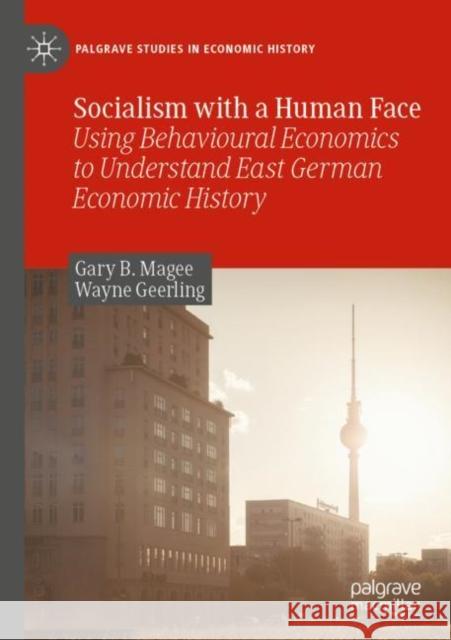Socialism with a Human Face: Using Behavioural Economics to Understand East German Economic History » książka
topmenu
Socialism with a Human Face: Using Behavioural Economics to Understand East German Economic History
ISBN-13: 9789811906664 / Angielski
Socialism with a Human Face: Using Behavioural Economics to Understand East German Economic History
ISBN-13: 9789811906664 / Angielski
cena 442,79
(netto: 421,70 VAT: 5%)
Najniższa cena z 30 dni: 424,07
(netto: 421,70 VAT: 5%)
Najniższa cena z 30 dni: 424,07
Termin realizacji zamówienia:
ok. 16-18 dni roboczych.
ok. 16-18 dni roboczych.
Darmowa dostawa!
Kategorie:
Kategorie BISAC:
Wydawca:
Palgrave MacMillan
Seria wydawnicza:
Język:
Angielski
ISBN-13:
9789811906664











